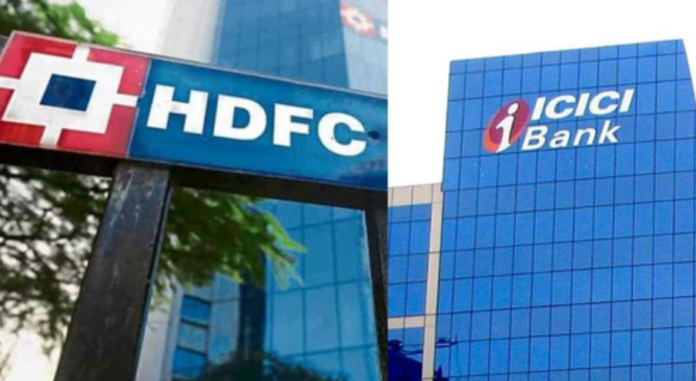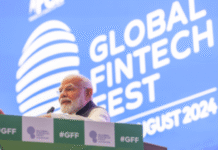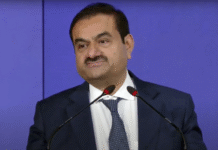New Delhi– Three Indian banks — HDFC Bank, ICICI Bank, and the State Bank of India (SBI) — ended the fourth quarter (Q4) of 2024 at the 13th, 19th, and 24th spots in the top 25 global banks by market capitalisation, respectively, according to a new report.
While HDFC Bank ended Q4 2024 with $158.5 billion in market cap, ICICI Bank had a market cap of $105.7 billion, and the SBI, $82.9 billion, according to a report by GlobalData, a leading data analytics and research company.
Indian banks demonstrated resilience, with ICICI Bank emerging as a standout performer, with its market cap growing by 25.8 per cent to $105.7 billion, highlighting the strength of India’s expanding digital banking and credit ecosystem.
However, HDFC Bank’s market cap recorded a 1.6 per cent increase to $158.5 billion, due to rising competition and cost pressures.
The aggregate market capitalisation of the top 25 global banks increased by 27.1 per cent year-on-year (YoY), reaching $4.6 trillion in the fourth quarter (Q4) ended December 31, compared to the same period ended December 31, 2023.
JPMorgan Chase continues to remain the world’s largest bank by market cap, recording an increase of 37.2 per cent to $674.9 billion by the end of Q4 2024.
Goldman Sachs witnessed a stellar 42.9 per cent growth, which propelled it to ninth place in the chart from 13th position in the previous quarter.
Most of the stocks rose in Q4, benefiting from the US Federal Reserve’s interest rate cuts, while other regional markets came under pressure amid worries over trade tariffs, according to the report.
According to Murthy Grandhi, company profiles analyst at GlobalData, the Federal Reserve implemented consecutive interest rate cuts of 25 basis points in November 2024 and December 2024.
“However, in December 2024, the Fed sparked a stock market sell-off by reducing the projected number of interest rate cuts for 2025. This adjustment was driven by concerns over persistently stubborn inflation,” said Grandhi.
The report predicted that tariffs expected to be imposed under Donald Trump’s administration and planned tax cuts in 2025 may offset each other.
However, risks such as rising sovereign debt, a stronger dollar, foreign outflows from emerging markets, geopolitical tensions in West Asia, China’s economic stimulus, and the yen carry trade are key factors likely to influence market performance and economic growth. (IANS)







